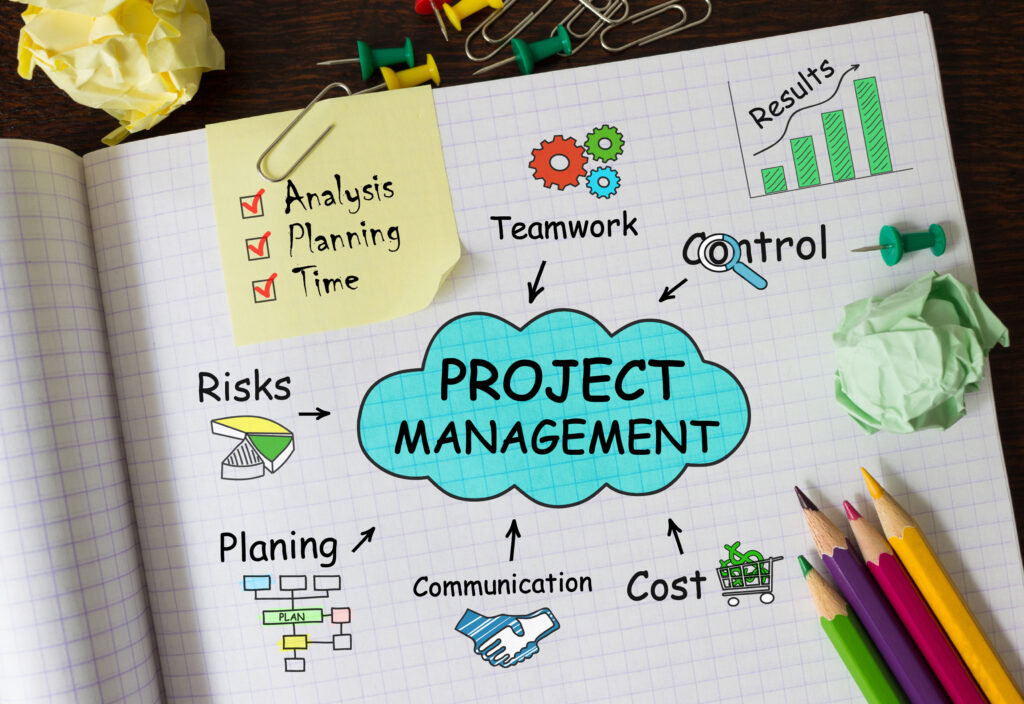
PROJECT MANAGEMENT METHODOLOGY: WHAT IS IT? WHAT ARE THE BENEFITS?
A project management methodology (PMM) provides an overall structure, a set of procedures and a process flow for managing projects. A high performing PMM will include a culmination of best practices and industry standards relied upon by projects to direct successful outcomes. A holistic PMM should take into account siloed areas of the business by bringing them into alignment with the rest of the organization so that deliverables and outcomes are standardized, predictable and measurable regardless of the type, size, or classification of the project. An inclusive PMM is not subject to the adherence of one department; it is broad, providing a framework of processes that are cross-functional for developing robust plans and strong solutions required for the execution of consistent and reliable project management between and across multiple areas of the business.
A standardized PMM is an organizational process for how projects in every department should be aligned to the strategic goals and objectives of the business. The flexible PMM considers the integration of interrelated methodologies that are aligned to specific departments, which require their own industry-defined steps for managing projects (i.e. technology, accounting, marketing). Accordingly, a PMM is a guardrail for business initiatives where a custom approach may be required to adopt the entire methodology or specific parts of the process in order to be successful. The measurable PMM should be updated periodically by practitioners who are knowledgeable about the needs of the business and experienced in the field of project management.
A best-practices PMM includes all 4 major phases of a typical project (i.e. Initiation, Planning, Execution, Closing). To support the overall execution of the process, executive oversight should be established to monitor and control expectations. Executive oversight committees, such as change control boards, risk committees and prioritization groups provide visibility and insight from business leaders who are vital to achieving the goals of each project. The primary goal for a PMM is to ensure that the objectives of each project are aligned to the people, processes and technology that support the strategic purpose of the business.
A well-defined PMM establishes standardized processes, tools, and templates that provide consistency and reliability in the execution of projects. Consistent project execution reduces risk and increases the probability of successful delivery of high-quality products and services along with improving overall customer satisfaction. Additionally, the PMM is designed to properly engage all stakeholders to accommodate individual business needs ensuring broad collaboration and consideration of organizational assets and environmental constraints.
To learn more about Project Management Methodology and how iSeek Solutions can help your business manage its next project, contact us today; subscribe to our blog and stay tuned for future insights.
Comments are closed.